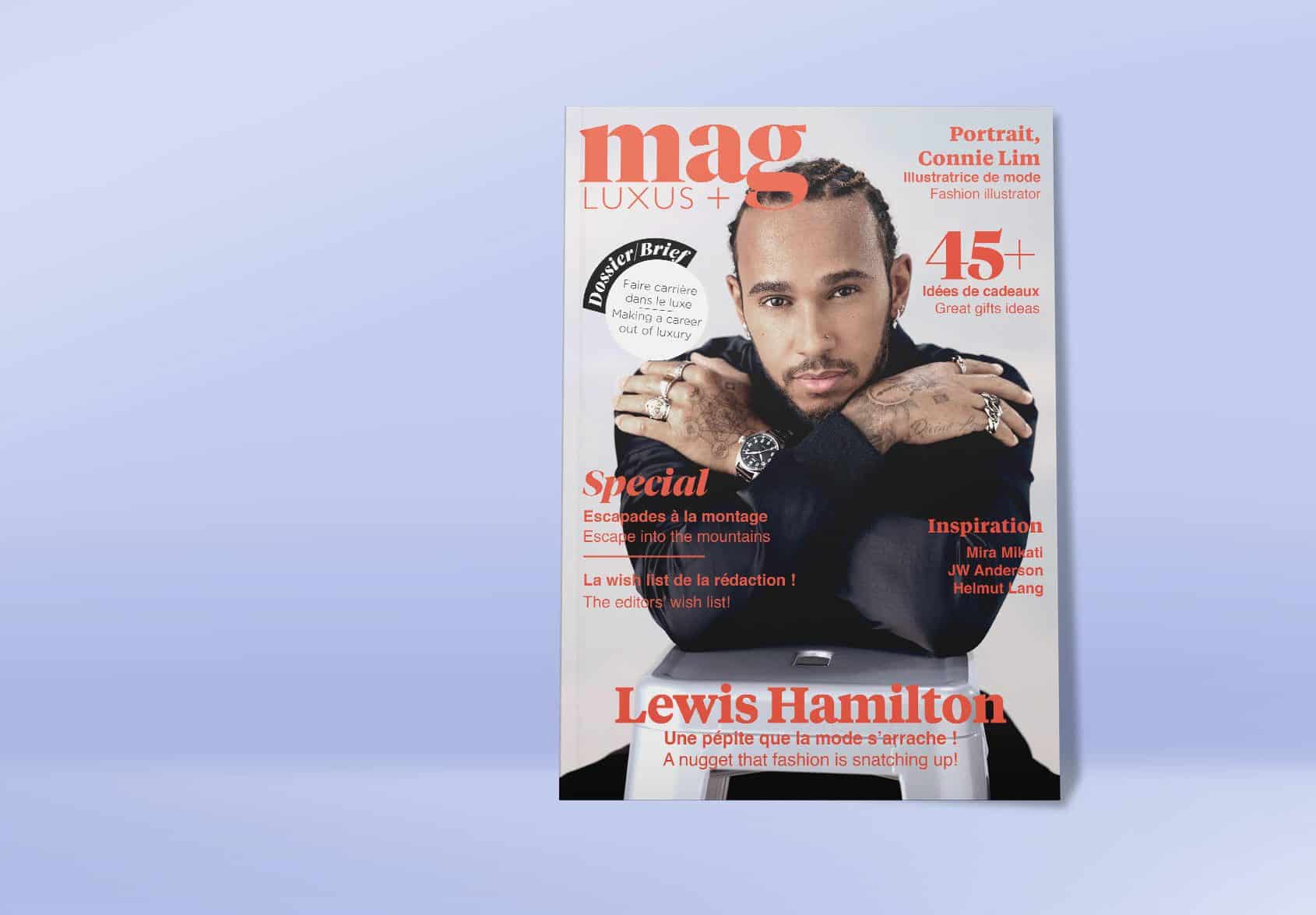A new international geopolitical space is taking shape. On the one hand, the Biden presidency is weakened by the departure from Afghanistan, the pandemic, internal dissensions and the mistrust of European allies. On the other hand, the Macron presidency is beginning a second term and the new German government team is being installed; while the Ukrainian presidency is worn down by three years in power.
The international context is also following longer trends. On the one hand, the United States seemed to lose interest in Europe in order to invest in the gigantomachy of the 21st century: its rivalry with China.
The launch of the alliance with Australia (Aukus) to the detriment of French interests has also aroused a certain distrust in Europe. As a result, NATO is caught in a new crisis of confidence after the Trump presidency.
For its part, the Russian political calendar no longer presents any real risks for the president: after two decades in power, his status is definitively established, and challenges are very much under control.
High gas and oil prices over the past year have also allowed Russia to rebuild its foreign exchange reserves. And the return of Russia to two key states of the former USSR, Belarus since 2020 and Kazakhstan since 2021, allows the Federation to build up alliances in reverse.
After the annexation of Crimea and the start of the war in the Donbass, the time seemed right to invade Ukraine, which was beginning to recover.
In short, the military blow came after eight years of wear and tear on Ukrainian power, twenty years of criticism of NATO and public opinion obsessed with the pandemic and economic recovery.
This editorial is taken from the Spring-Summer issue of Luxus+ Mag.
More news and features in Luxus+ Mag paper version or online !
Read also > A SHORT HISTORY OF LUXURY: HOW SCHIAPARELLI’S FRIENDSHIP WITH DALÍ LED TO ICONIC COLLABORATIONS AND DESIGNS
Featured photo : © Luxus Plus













